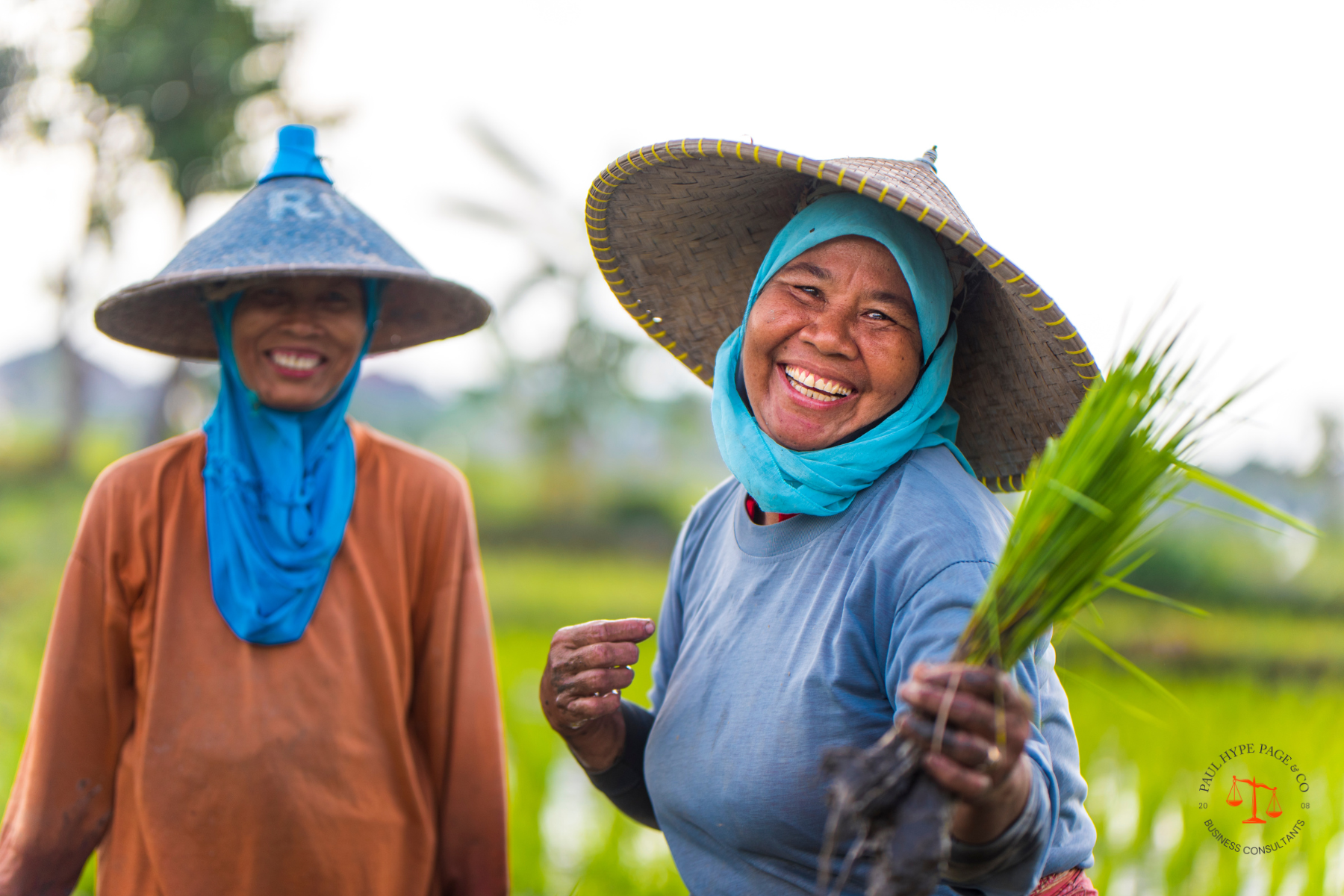If you are planning to incorporate a company in Indonesia, understanding the market and local culture while testing the demand for your business is important for business success. As a result, many foreigners have chosen to set up a representative office in Indonesia as a key first step towards the incorporation of a foreign-owned company (PT PMA).
Moreover, representative offices are typically established to help you gain a better understanding of the Indonesian market, become more familiar with potential clients in Indonesia, locate suitable distributors and commercial partners, and advertise the products or services offered.
Types of Representative Offices in Indonesia
There are a total of four different types of representative offices which exist in Indonesia.
- General representative office of a foreign company (KPPA)
- Representative office of a foreign trading company (KP3A)
- Representative office of a foreign construction service company (BUJKA)
- Representative office of a foreign oil and gas company (KPPA MIGAS)
KPPAs
KPPA is a general representative office of a foreign company incorporated without the need to make a significant capital investment.
However, an application must be submitted to the Indonesian Investment Coordinating Board (BKPM). A director or management also associated overseas company must submit such an application. It is also feasible to hire a lawyer to help you with this. KPPAs will be housed in provincial capital city office buildings with a license that has a three-year validity period which can be extended indefinitely.
KP3As
KP3AS are established to promote products of their affiliated foreign companies in Indonesia, however, they are not allowed to engage in any form of trading and sales activities. A KP3AS can be opened anywhere in Indonesia, the license needed consists of 3 variations of SIUP3A:
- Temporary SIUP3A (2 months)
- Head Office SIUP3A (1 year)
- Branch Office SIUP3A and SIUP3A extension (3 years)
*Unless specified otherwise
BUJKAs
Only foreign construction businesses with a B or B2 business certification have permission to establish BUJKAs. In Indonesia, BUJKAs have permission to carry out specific construction projects. You can only do so if you are working with a local construction company (BUJK). BUJKAs can also undertake market research and communicate with other businesses and organisations.
Other responsibilities that a BUJKA may accomplish include the procurement of building services and the hiring of staff members for office administration. The Ministry of Public Works must receive all essential petitions and papers about the establishment of a BUJKA.
KPPA MIGAS
Any international oil or gas business can establish a KPPA MIGAS. It will serve as the company’s permanent base of operations in Indonesia. A KPPA MIGAS and a KPPA have some characteristics.
One of these parallels is regulation: a KPPA MIGAS is regulated in the same way as a KPPA is regulated. A recommendation letter from the Ministry of Oil and Gas is required before establishing a KPPA MIGAS.
The BKPM will accept applications to establish a KPPA MIGAS. The permit for a KPPA MIGAS is valid for three years and can renew it if necessary. A KPPA MIGAS does not have to be installed in any specific location.
Documents for the Setup of a Representative Office in Indonesia
Before you set up a representative office in Indonesia, certain documents must be ready. These documents include:
Company Documents
- Article of Association from the holding/parent company with the Board of Director structure, shareholder, registered address, and business field
- Letter of Appointment (LoA) signed & sealed by the director of the holding/ parent company
- Letter of Statement (LoS) from the proposed Chief Representative Officer (CRO) that they accept the position as CRO, signed & sealed with stamp duty (Material 6000) if the letter is signed in Indonesia
- Letter of Intent (LoI) signed & sealed by the holding/parent company
- Letter of Reference (LoR)
- Original building domicile/statement from the building management
- Building & land tax receipt (PBB) including the payment approval of the current year
- IMB or certificate of ownership if the building is owned
- Statement for lease (if any)
- Min. 3 office photos – reception, signage of company & office room with business activity
- Statement of domicile issued by the company & acknowledged by the building management
- Company letterhead & copy or sample design of the company stamp
Chief Representative Officer Documents
- Foreigner: Copy of coloured passport with a min. 18-month validity and 4 blank pages
- Local: ID card (KTP & Taxpayer Identity Number)
- Family card (KK)
- Indonesia visa stamp
- Residence of hotel or apartment domicile letter for the CRO
- Recent passport-sized photo with a red background
NOTE: Edited photos are not accepted!
*Unless specified otherwise
Alternative Business Entities for Incorporation in Indonesia
Beyond representative offices in Indonesia, there are different types of business entities that you can incorporate, especially if you would like to gain revenue from your operations. Besides, the most common types of companies include a local PT company and a PT PMA.
1. Local PT Company
A local PT (Perseroan Terbatas) company is also known as a limited liability company. However, only local entrepreneurs and investors can incorporate this entity. Above all, there are 3 categories under a local PT company:
- Small-scale business
- Medium-scale business
- Large-scale business
2. PT PMA Company
PT PMA (Penanaman Modal Asing) company is a wholly or partially owned limited liability company and is governed by the Foreign Capital Investment Law. This means that foreign investors may not be eligible to incorporate a company in selected sectors under the Positive Investment List.
FAQs
Most companies in Indonesia are taxed at a rate of 25%. However, companies which have at least 40% of their shares available to the public and are listed on the Indonesia Stock Exchange are taxed at 20%.
The Indonesian government has been taking steps to lower the existing unemployment rate in the country. For this reason, certain restrictions on foreign workers have been imposed. One such restriction relates to foreign workers in representative offices.
A Representative Office (RO) is essentially a temporary administrative office set up as a liaison to coordinate and manage non-commercial activities, for a foreign company. An RO has no legal status and is not a separate legal entity from its parent company
A KITAS is a permit which allows its bearer to remain in Indonesia for an extended period of time. Foreigners who plan to work in Indonesia will require a KITAS. There are four KITAS types which exist in Indonesia: a KITAS sponsored by Indonesian entities, a KITAS sponsored by an Indonesian spouse, a retirement KITAS, and a dependent KITAS. The type required will depend on the needs and status of the applicant.
Share This Guide, Choose Your Platform!
Related Business Articles



